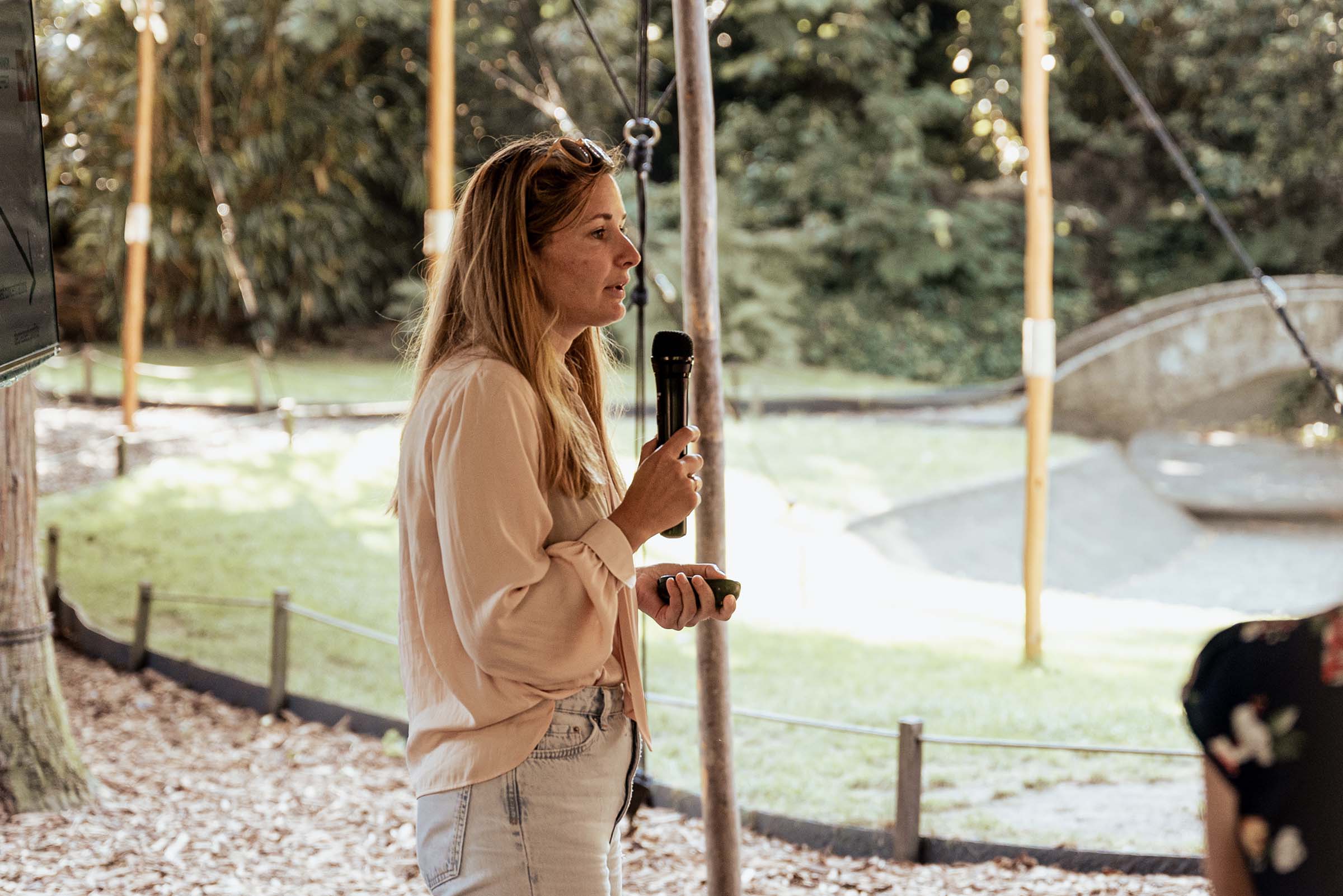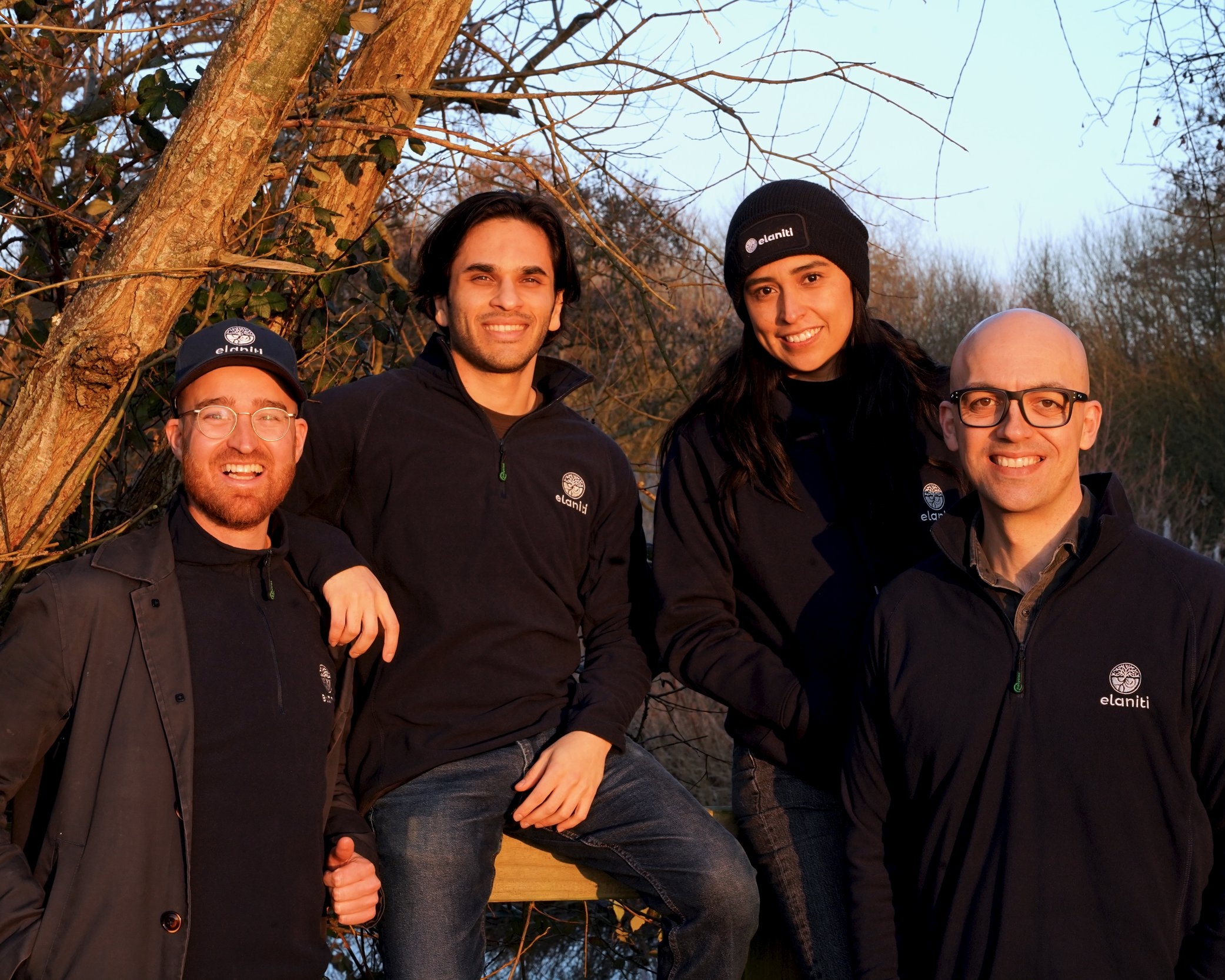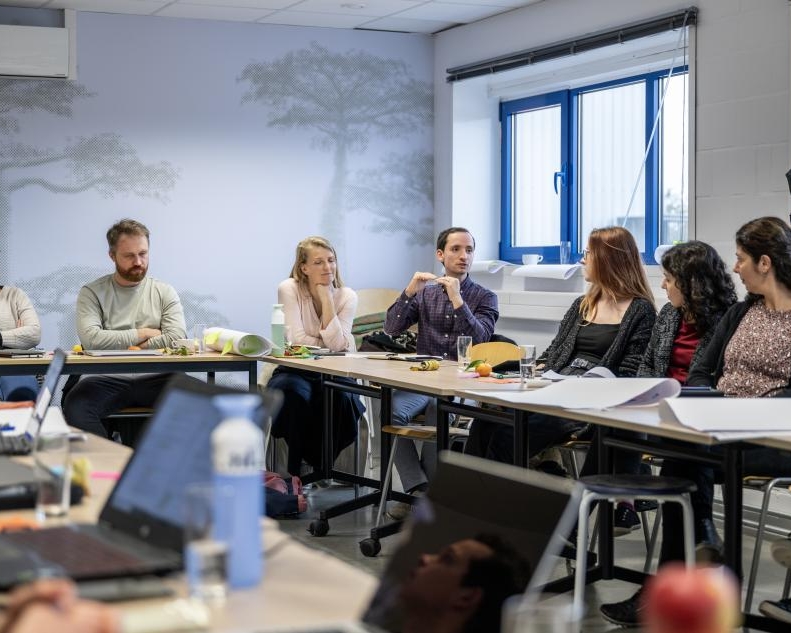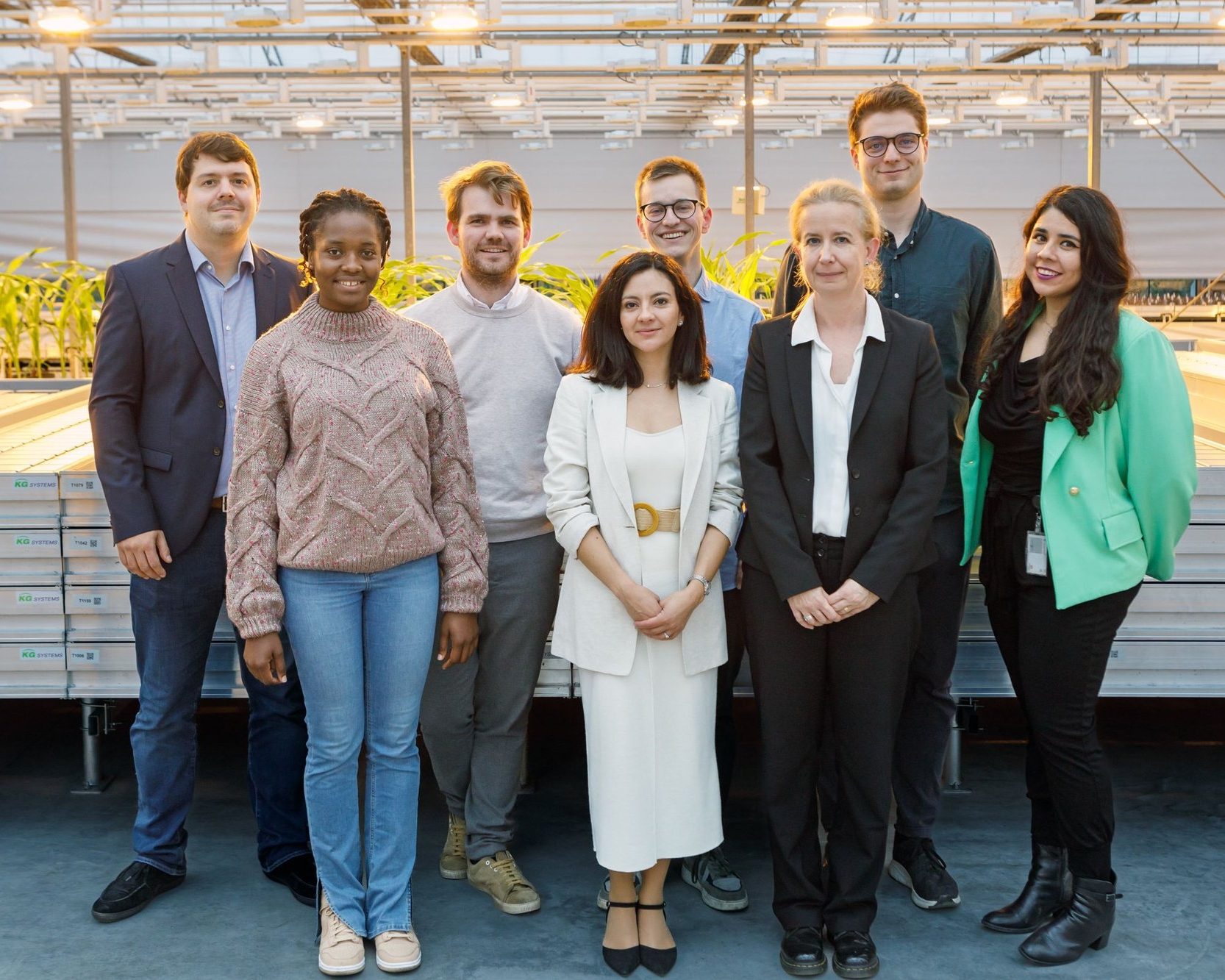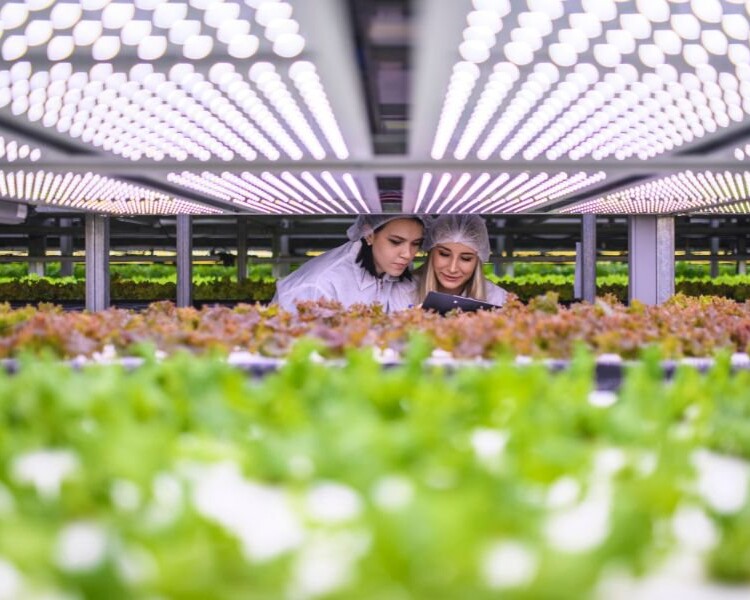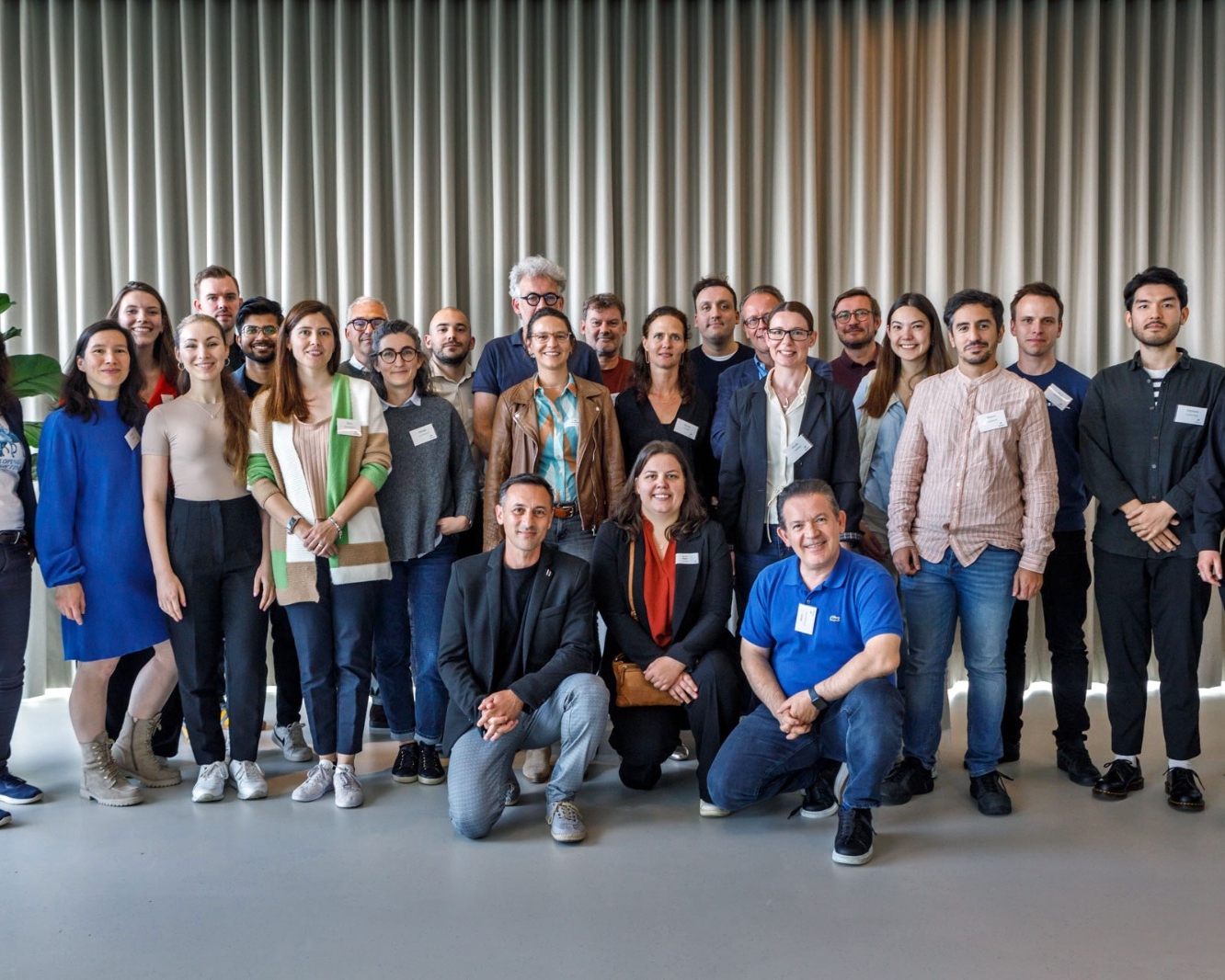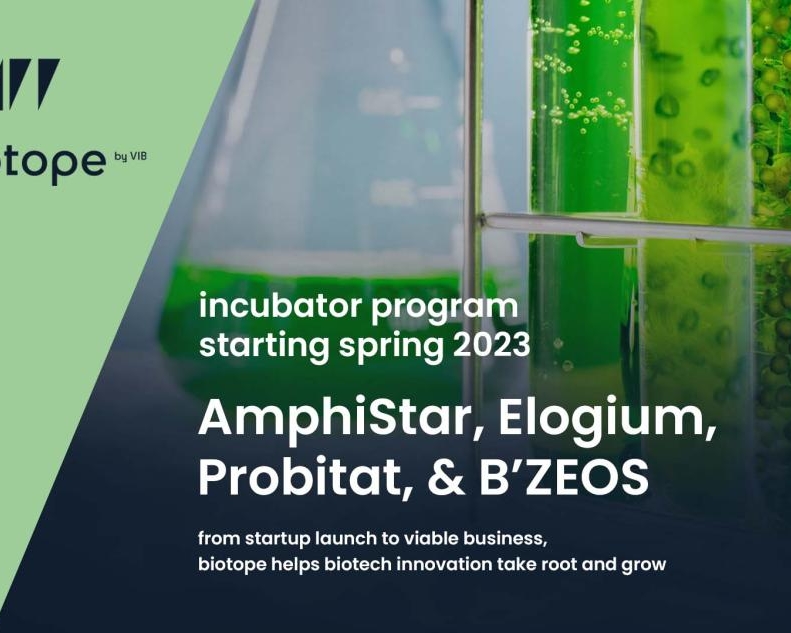- Home
- Startup news
- Pestevene turns mushroom proteins into long-lasting biopesticides
Pestevene turns mushroom proteins into long-lasting biopesticides
Biotope startup Pestevene is developing crops that will be resistant to insect pests by introducing oyster mushroom proteins to create resilient GM plants. Find out more about the Latvian company in this interview with Diāna Petravičjusa and Anastasija Panevska.

Subscribe
Subscribe for Exclusive Updates and Exciting News!
Bedankt
Je bent ingeschreven op mijn nieuwsbriefWhy is it important to develop new pesticides?
Diāna Petravičjusa (CEO): “Globally, pests reduce crop yields by up to 40% posing significant losses to farmers and food security. Developing pest-resistant crops is not new; US agriculture is dominated by genetically modified (GM) crops, such as corn, that are resistant to various pests.
However, pests are also evolving organisms and resistant species continue to reproduce and cause damage.
We want to be ready for the day when insects are no longer susceptible to current solutions.”
“We want to be ready for the day when insects are no longer susceptible to current solutions.”
Diāna Petravičjusa – CEO
What new solution is Pestevene researching?
Anastasija Panevska (CTO): “We modify plants so that they express a specific type of pore-forming protein which then acts as a biopesticide. The proteins we use are derived from an edible oyster mushroom, Pleurotus ostreatus – it’s quite common and you’ve probably seen it in the store.
“The protein complex forms pores in the pest’s cell membrane by targeting an insect lipid, a very specific and integral structure that remains consistent across generations.
The plant expresses these new proteins throughout its lifetime, eliminating the need to apply our solution at a certain growing stage – the plant is dealing with the pest by itself.”
What pests are you targeting?
Diāna Petravičjusa: “The first pest we targeted was the Colorado potato beetle, a major pest for potato crops in Europe and in North America.
Now we’re looking at the Western corn rootworm, a beetle that feeds on corn crops in the US. Its larvae eat corn roots and, after hatching, the beetle eats the corn plant itself.
The real challenge arises from soil-based damage, making timely detection and spray treatments challenging for farmers.
Hence, biopesticides in the plant’s roots are an optimal solution for the corn rootworm problem.
The two pests are just the starting point: we see a potential pipeline of different pest and crop combinations and even synergies with other products.”
“We see a potential pipeline of different pest and crop combinations and even synergies with other products.”
Diāna Petravičjusa – CEO

Do these proteins have any other effects once introduced?
Anastasija Panevska: “The proteins do not affect humans. It is the insects’ gut pH levels and the presence of the specific lipid target in their cells that allow these proteins to exert a toxic effect in them.
“We did not detect any other effects (such as a modified taste) in the potato plant, and foresee similar outcomes in corn. Despite being in the research phase, our solution shows no negative effects on the soil or the environment.
What is next for the company?
Diāna Petravičjusa: “We want to bring effective GM crops to the market. Acknowledging the particularities of different markets, we are working on applying our pore-forming proteins as cost-effective sprayable biopesticides.
We hope to partner with seed producers to make sure that this technology is out there in the world. We’re just at the beginning of the journey with these protein and plant combinations and we are excited about the potential.
“Making a difference is important to us. When biological solutions don’t work, farmers fall back on using chemical synthetic pesticides.
Our focus on reducing synthetic pesticides is driven by concern that these chemicals end up in our soil and the food that we and our kids eat.”
“When biological solutions fail, farmers fall back on using chemical synthetic pesticides. Our focus on reducing synthetic pesticides is driven by concern that these chemicals end up in our soil and the food that we and our kids eat.”
Diāna Petravičjusa – CEO
More News
AmphiStar secures €12.5m EIC funding
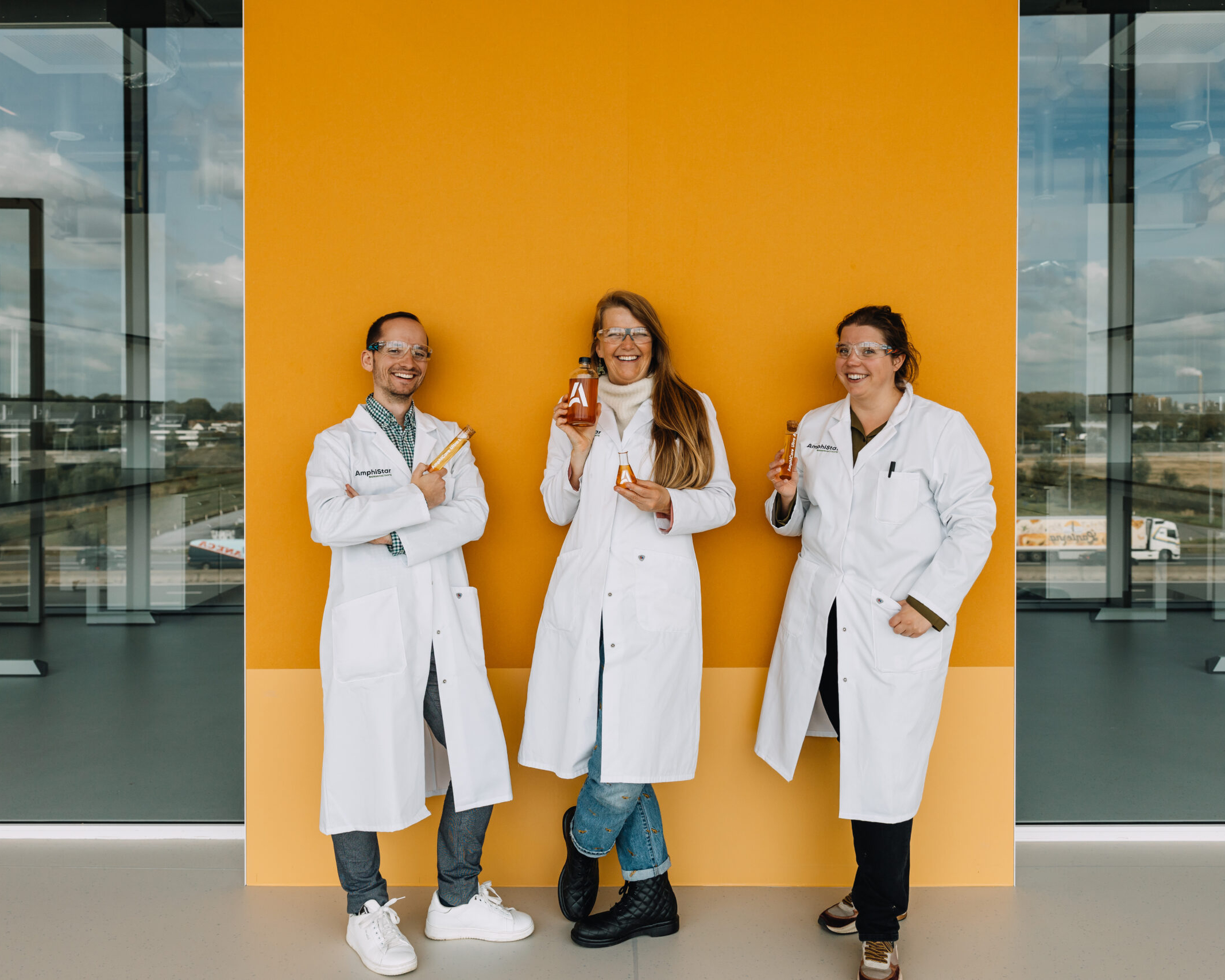
biotope recap: Summer edition
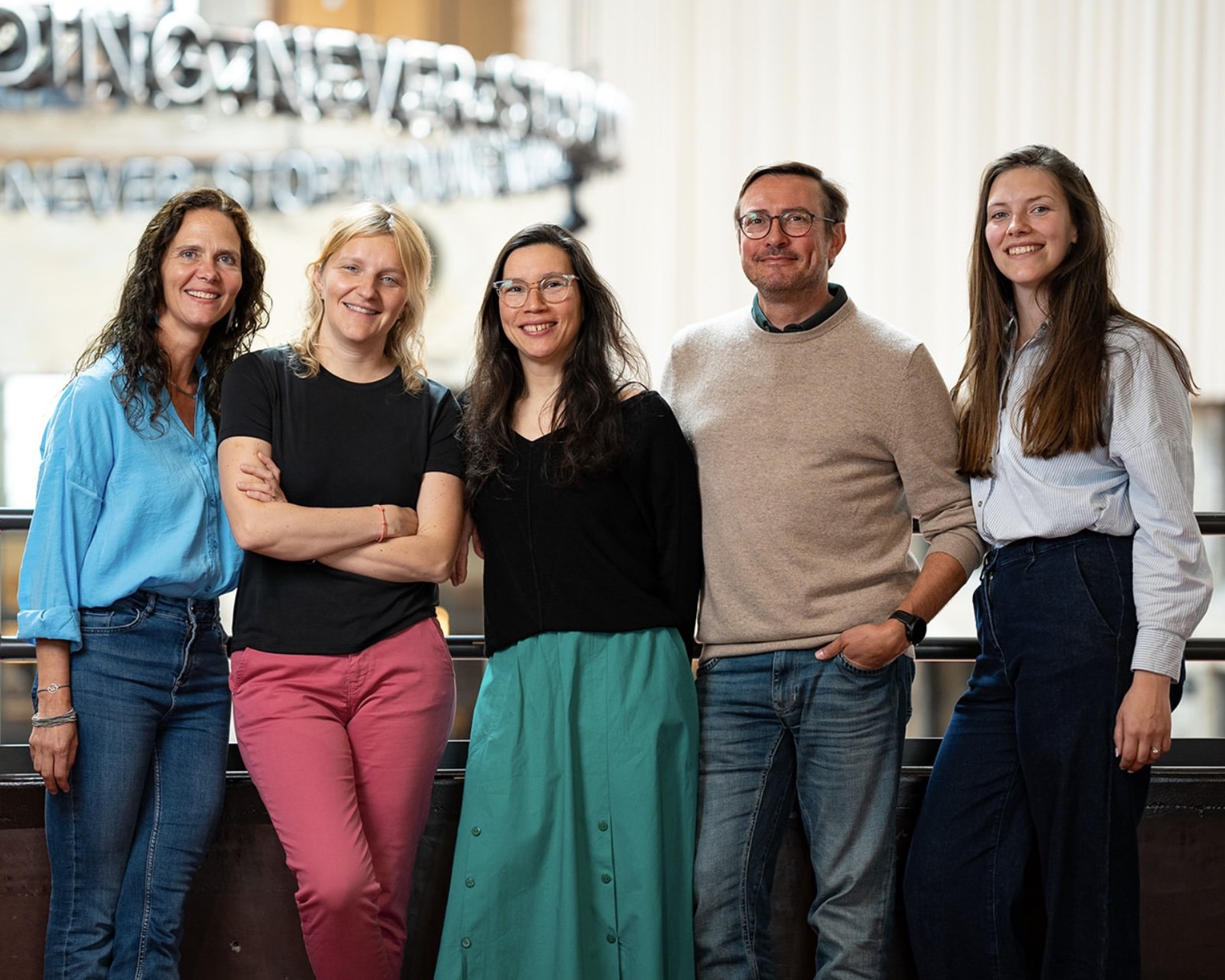
Annick Verween on the VCo2 podcast

2024 wrapped
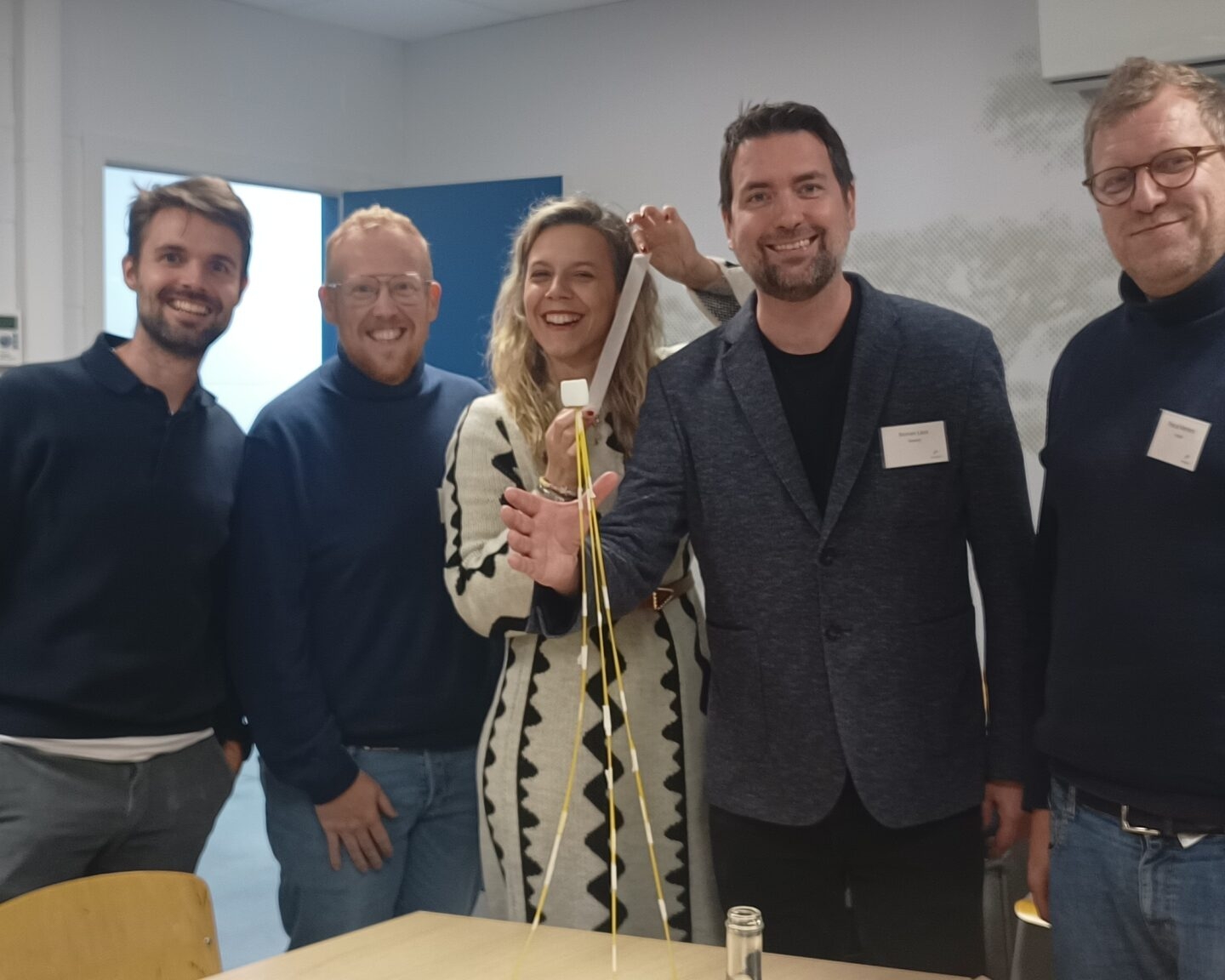
Networking with cohort six
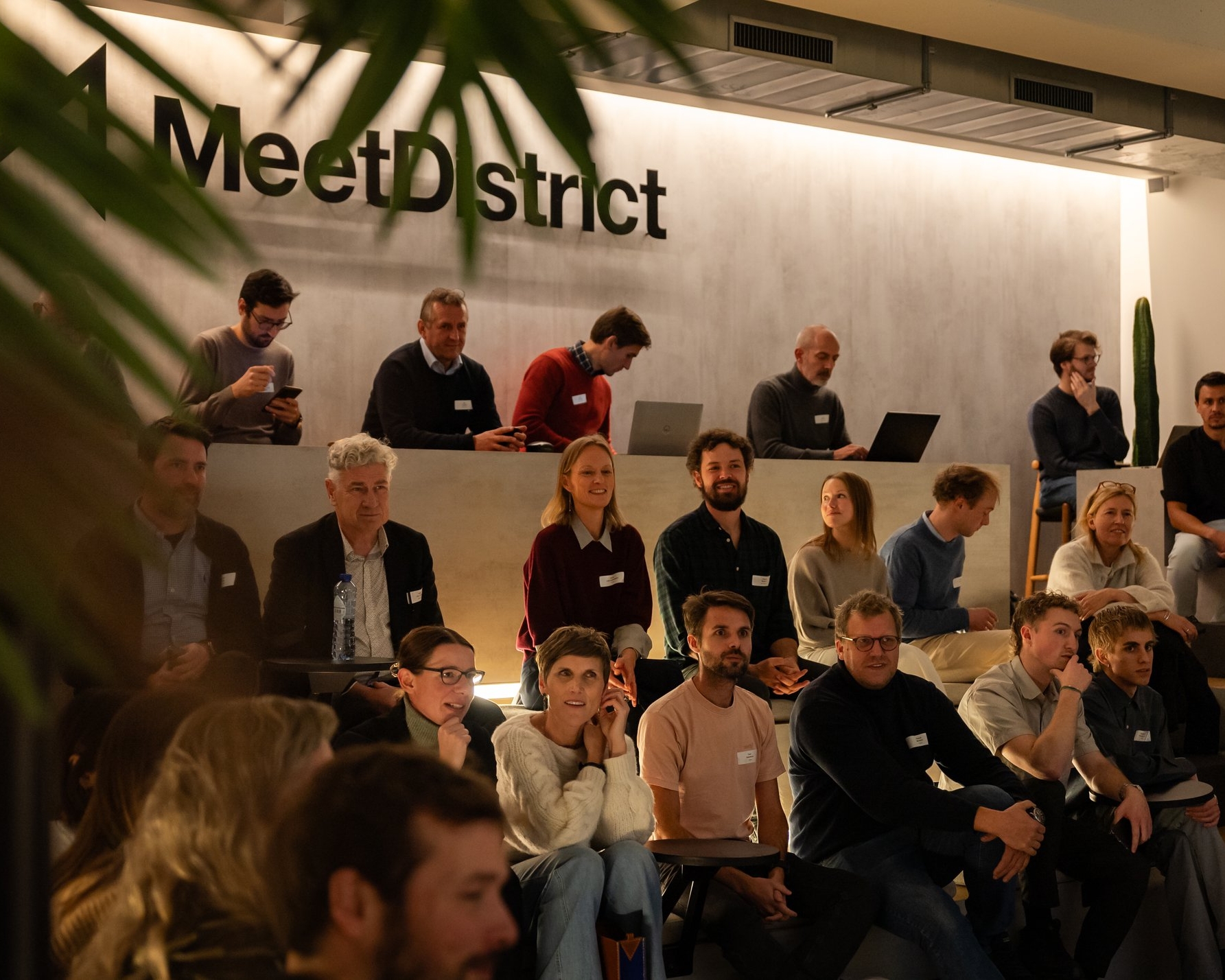
B’ZEOS celebrates seed round milestone
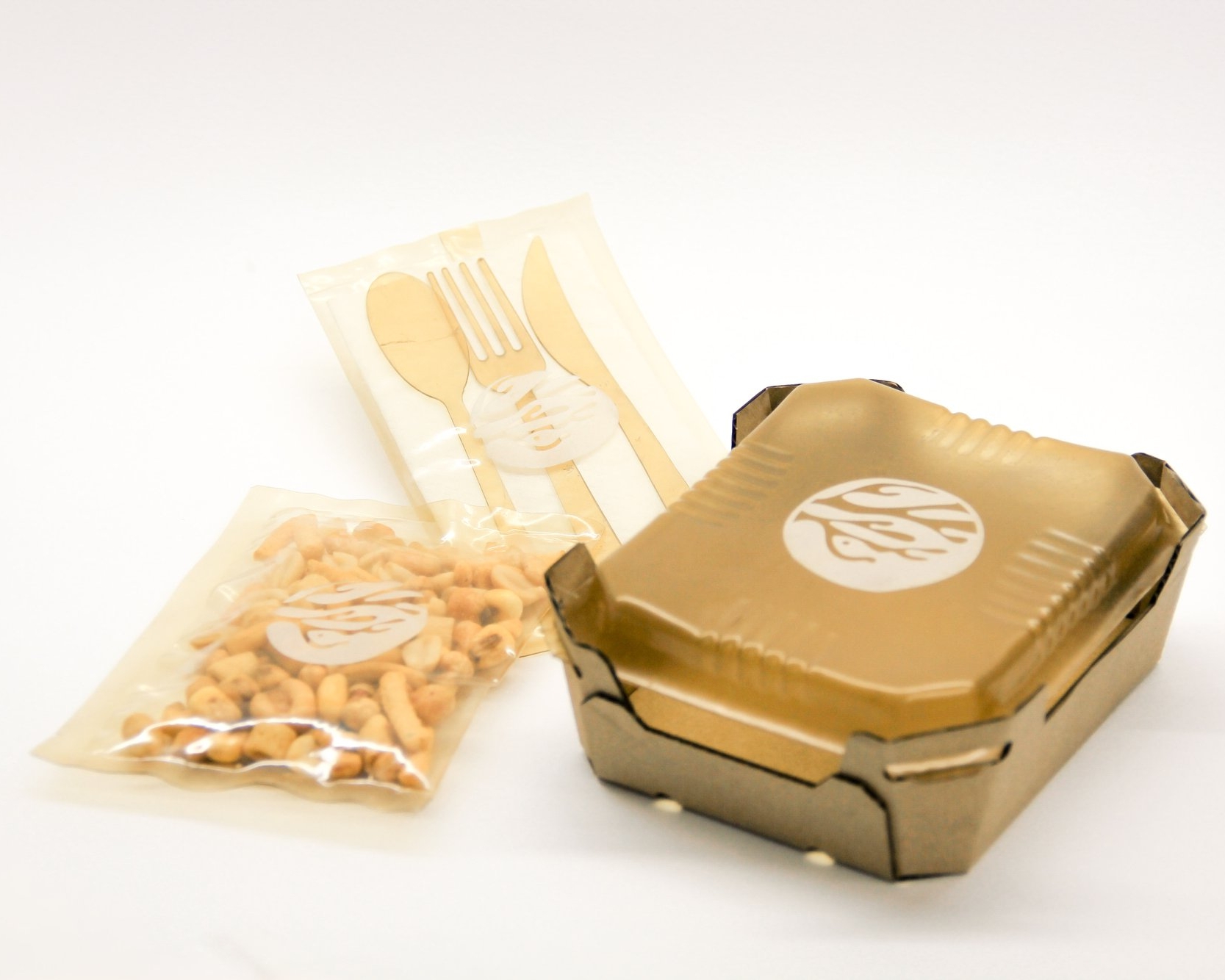
Tackling food waste at its source
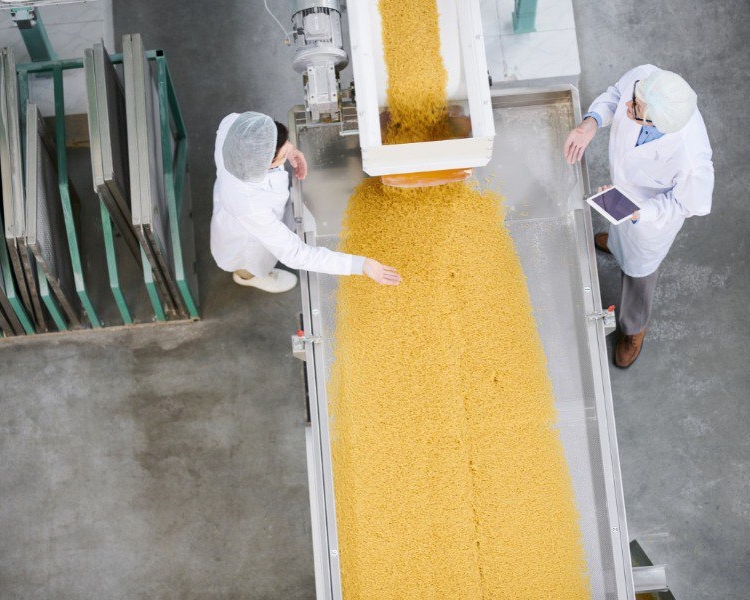
The value of good mentors

Meet our Spring ‘24 cohort
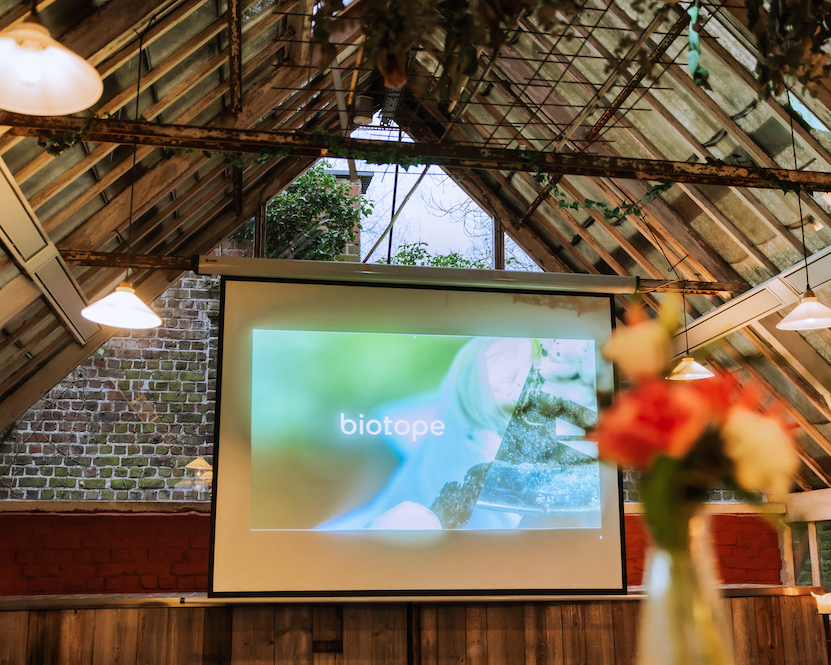
His son’s allergy turned this father into a founder
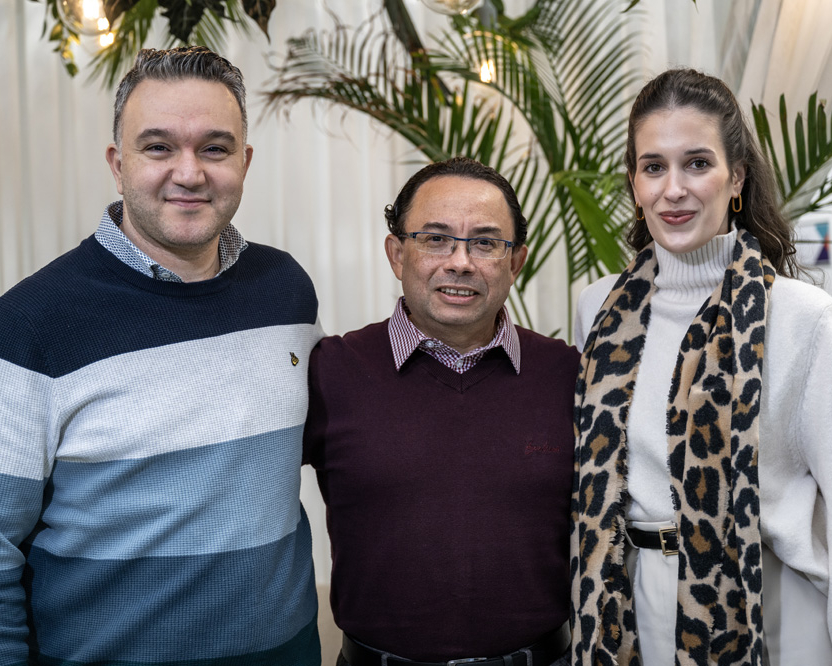
FlyBlast: on a mission to solve meat

Biosurfactants from food waste? Meet AmphiStar

Probitat interview

B’ZEOS: sustainable packaging made of seaweed
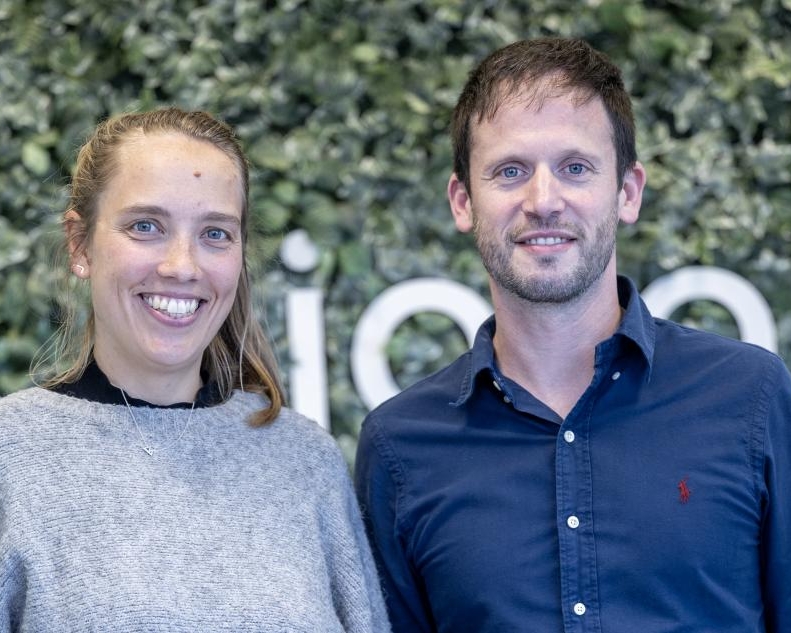
Elogium: Poultry probiotics for safer food
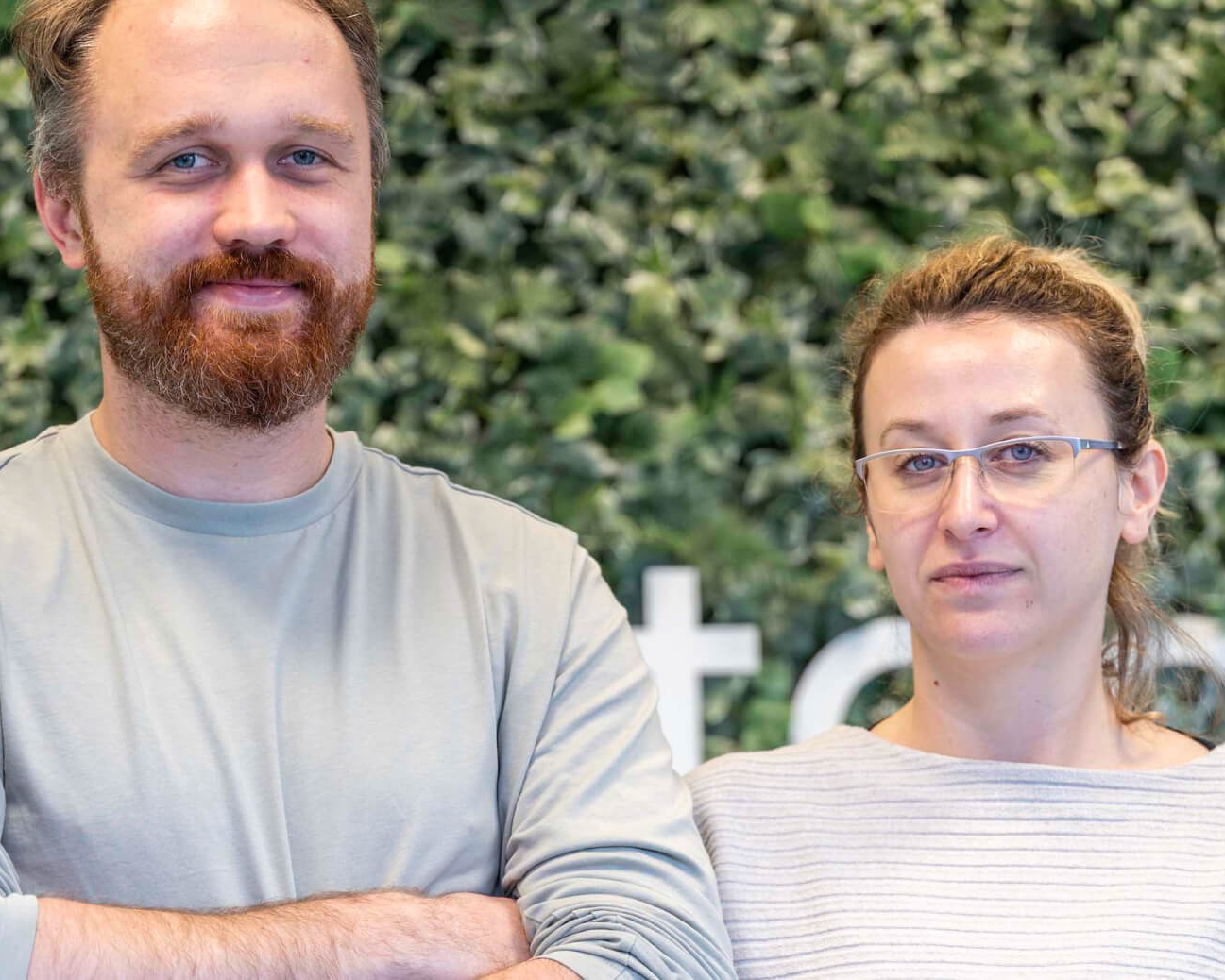
Launch of Biotope ventures fund
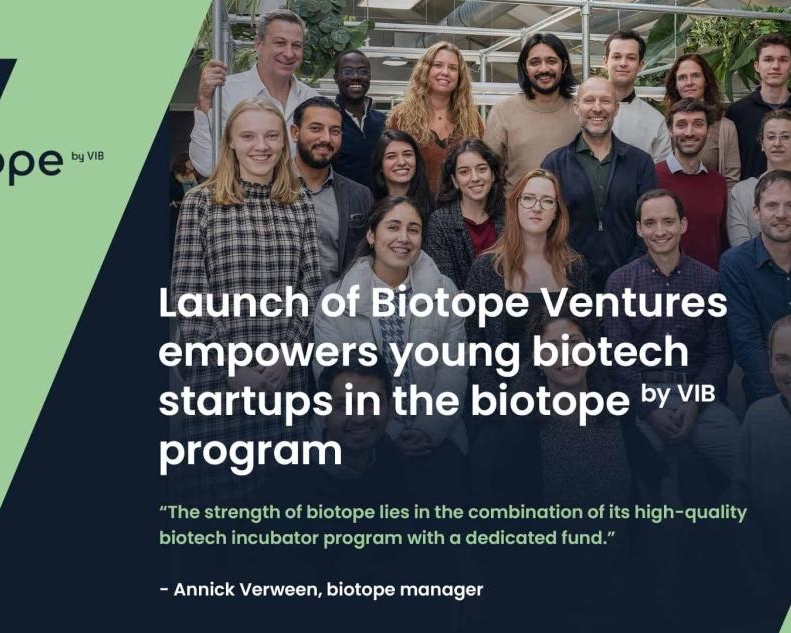
Bolder Foods: non-dairy cheese for a better world

BioVox article
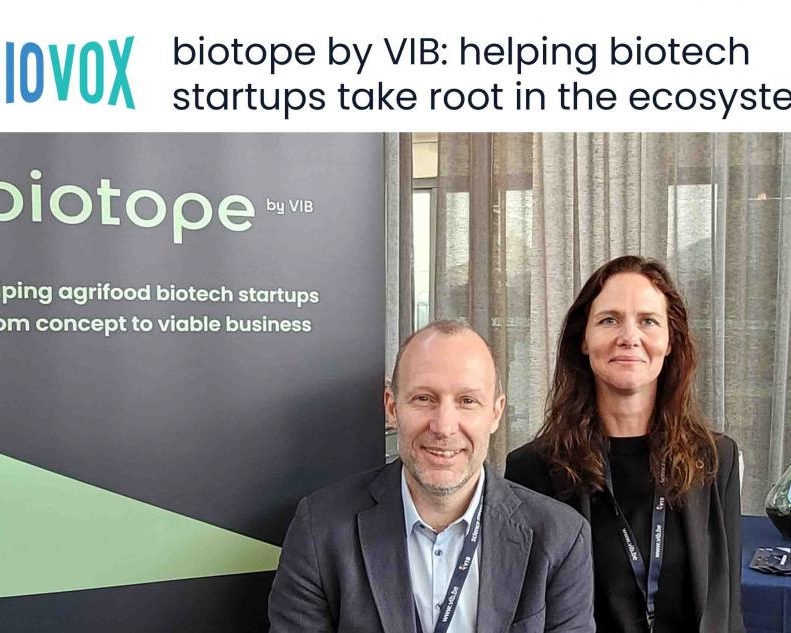
Skip the accelarator. Come build with real VC.
- Take part in our program to rapidly advance your technology
- Grow the confidence of you and your team
- Turn your startup into an investment-ready business
